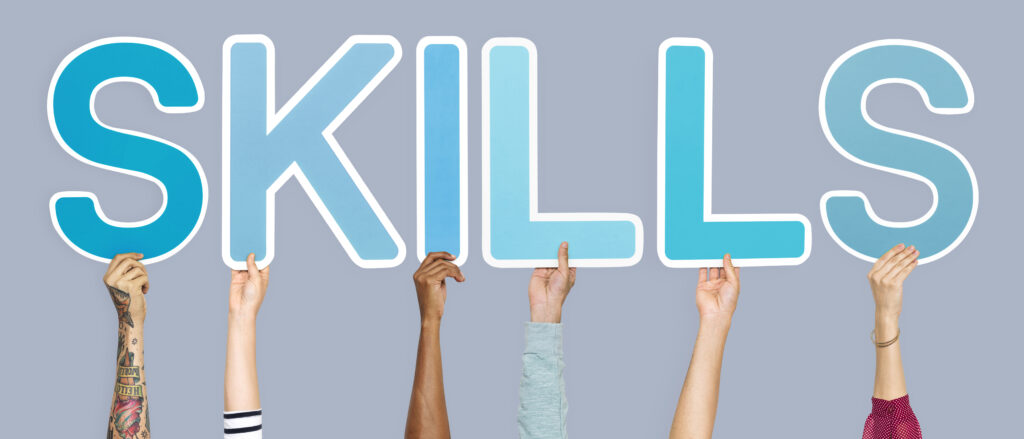
In today’s fast-paced business environment, agility has become the cornerstone of success. Agile methodologies have revolutionized the way teams collaborate, innovate, and deliver value to customers. However, embracing agility isn’t just about adopting a set of practices; it requires a cultural shift and a fundamental change in mindset. This is where agile coaching steps in – to guide teams and organizations through their agile journey, ensuring sustainable growth and continuous improvement.
What is Agile Coaching?
Agile coaching is a collaborative partnership aimed at fostering a culture of agility within teams and organizations. An agile coach serves as a catalyst for change, empowering individuals and teams to embrace agile principles and practices effectively. Unlike traditional coaching, which focuses on individual development, agile coaching encompasses the entire team and organizational ecosystem.

At its core, agile coaching involves:
- Guidance: Agile coaches provide guidance on agile principles, methodologies, and best practices. They help teams understand the values and principles outlined in the Agile Manifesto and tailor them to suit their specific context.
- Facilitation: Agile coaches facilitate collaborative sessions, such as sprint planning, retrospectives, and daily stand-ups, to promote transparency, communication, and alignment among team members.
- Continuous Improvement: Agile coaches foster a culture of continuous improvement by encouraging experimentation, feedback, and reflection. They help teams identify bottlenecks, inefficiencies, and areas for optimization, driving incremental progress over time.

Agile Coaching Certification
For professionals looking to embark on a career in agile coaching, obtaining certification can provide a solid foundation of knowledge and skills. One such certification is the ICAgile Certified Professional in Agile Coaching (ICP-ACC), which equips individuals with the competencies needed to excel in the role of an agile coach.

The ICP-ACC certification covers a range of topics, including:
- Agile coaching fundamentals
- Coaching stances and techniques
- Team dynamics and facilitation
- Organizational change and transformation
- Agile coaching ethics and professional conduct
By earning this certification, agile coaches demonstrate their proficiency in guiding teams and organizations through the complexities of agile adoption and transformation.
Agile Coaching Skills
Effective agile coaches possess a diverse set of skills that enable them to navigate the challenges of agile adoption and transformation. Some essential agile coaching skills include:
- Empathy: Agile coaches must be empathetic listeners who understand the perspectives, concerns, and aspirations of team members. By empathizing with others, coaches can build trust and rapport, creating a safe space for collaboration and learning.
- Facilitation: Agile coaches excel at facilitating meetings, workshops, and ceremonies that promote collaboration, creativity, and decision-making. They know how to create engaging agendas, manage group dynamics, and keep discussions focused on achieving desired outcomes.
- Conflict Resolution: Agile coaches are skilled at navigating conflicts and resolving disagreements within teams. They recognize that conflict is a natural part of team dynamics and work to address underlying issues constructively, fostering a culture of trust and respect.

Agile Coaching Plan
Developing an agile coaching plan is essential for guiding teams and organizations on their agile journey. A robust agile coaching plan typically includes the following components:
- Assessment: Conduct an initial assessment to understand the current state of agility within the organization. Identify strengths, weaknesses, opportunities, and threats that may impact agile adoption and transformation.
- Goal Setting: Collaborate with stakeholders to define clear goals and objectives for agile coaching. Establish key performance indicators (KPIs) to measure progress and success throughout the coaching engagement.
- Tailored Approach: Customize coaching interventions to address the unique needs and challenges of the organization. This may include one-on-one coaching sessions, team workshops, leadership training, and organizational change initiatives.
- Iterative Feedback: Continuously gather feedback from stakeholders to evaluate the effectiveness of coaching interventions. Adjust the coaching plan as needed based on emerging insights and changing circumstances.

Agile Coaching for Sustainability
Sustainability is a critical aspect of agile coaching, ensuring that agile practices endure and evolve over time. Agile coaches promote sustainability by:
- Fostering a culture of learning and adaptability
- Building internal coaching capabilities within teams and organizations
- Embedding agile practices into the organization’s DNA
- Nurturing communities of practice to share knowledge and experiences.
- Continuously assessing and refining agile processes to align with changing business needs.

Agile Coaching Competencies
Agile coaching competencies encompass a broad range of skills, knowledge, and behavior’s that enable coaches to effectively guide teams and organizations through their agile journey. Some key competencies include:
- Communication: Agile coaches excel at communicating complex concepts in simple and accessible language, fostering understanding and alignment among stakeholders.
- Systems Thinking: Coaches understand the interconnectedness of systems within organizations and how changes in one area can impact the entire ecosystem.
- Servant Leadership: Agile coaches embody the principles of servant leadership, putting the needs of others first and empowering teams to achieve their full potential.
- Change Management: Coaches are adept at navigating organizational change and helping stakeholders overcome resistance to agile adoption.
- Continuous Learning: Agile coaches are lifelong learners who stay abreast of industry trends, emerging practices, and evolving methodologies to enhance their coaching effectiveness.

Agile Coaching Jobs
As the demand for agility continues to grow, so does the demand for skilled agile coaches. Agile coaching jobs span a variety of industries and sectors, including technology, finance, healthcare, and government. Some common roles include:
- Agile Coach
- Scrum Master
- Agile Transformation Lead
- Lean-Agile Coach
- Agile Program Manager
Organizations looking to hire agile coaches seek individuals with a blend of technical expertise, coaching experience, and interpersonal skills.

Conclusion
Agile coaching plays a pivotal role in driving organizational agility and empowering teams to deliver value with speed, efficiency, and quality. By embracing agile coaching principles and practices, organizations can navigate the complexities of today’s business landscape with confidence and resilience. Whether you’re a seasoned agile coach or aspiring to become one, the journey towards agility begins with a commitment to continuous learning, growth, and collaboration.








